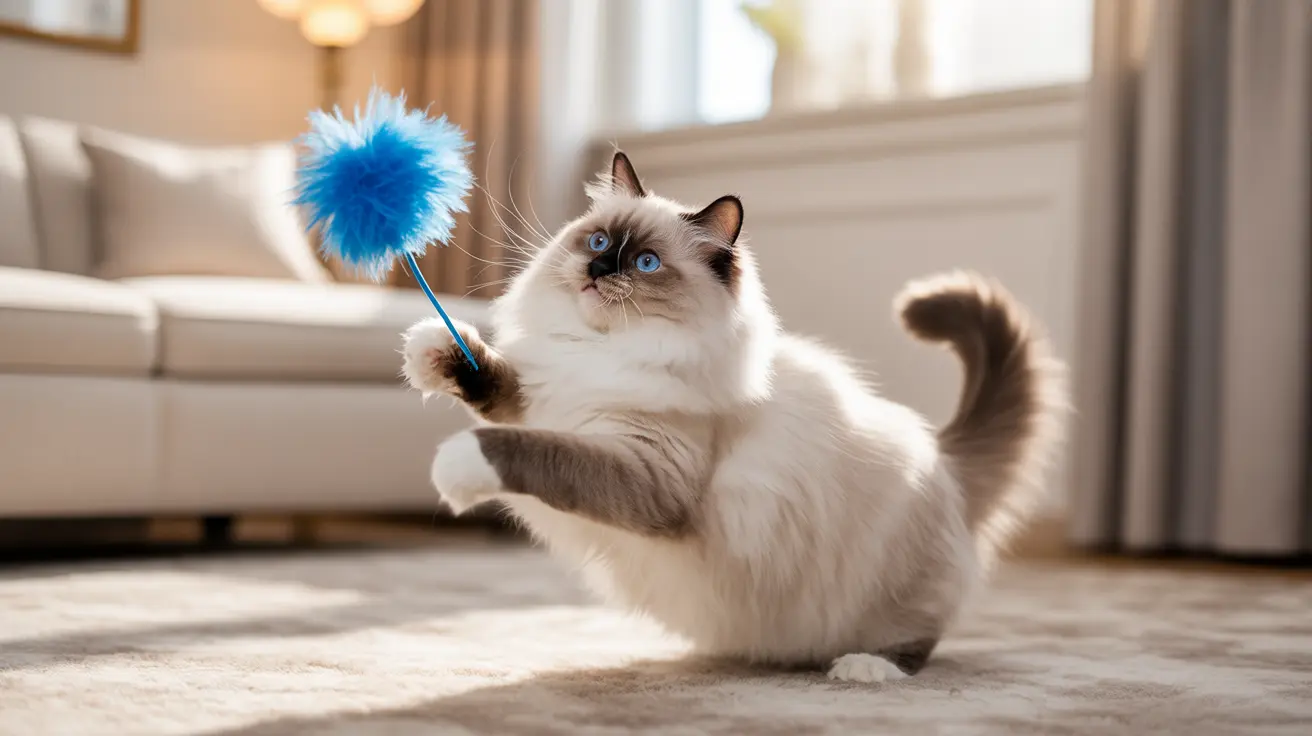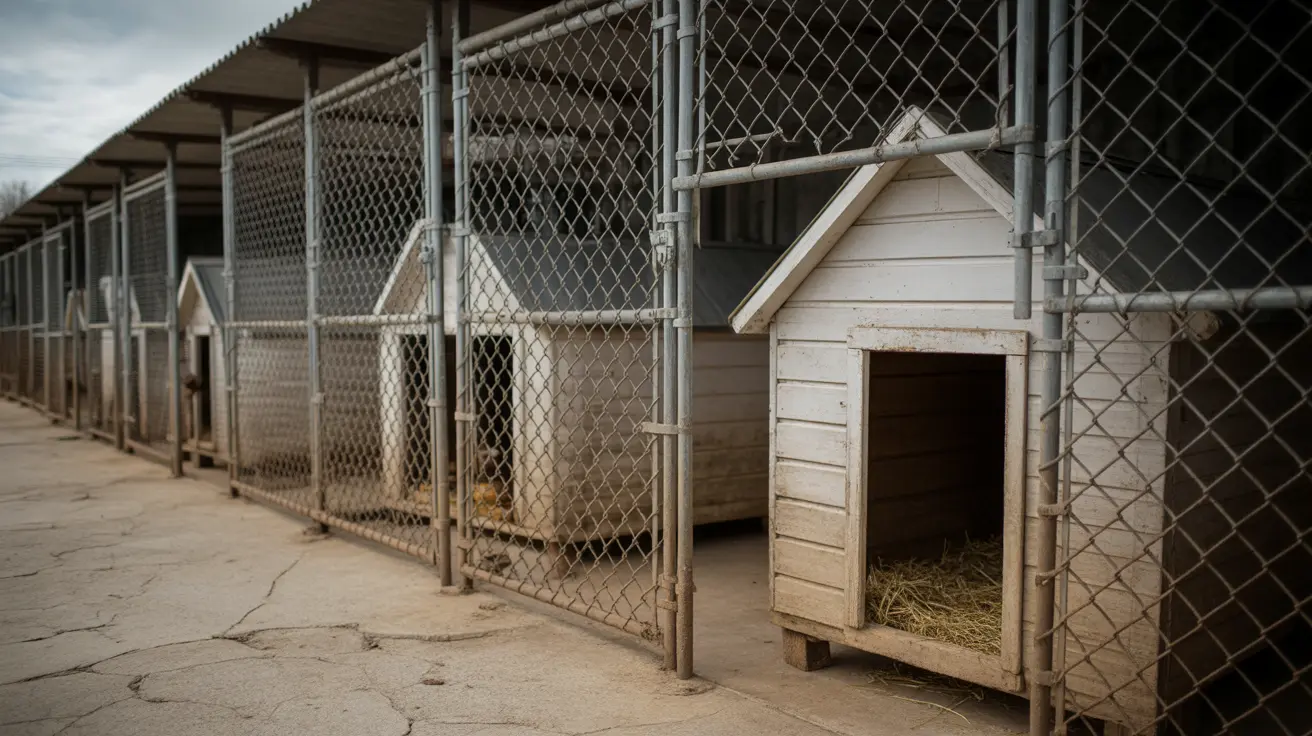Essential Senior Cat Care Tips: A Complete Guide to Keeping Your Aging Feline Healthy and Happy
As your beloved feline companion enters their golden years, their needs evolve significantly, requiring thoughtful adjustments to their daily care routine. Senior cat care tips become increasingly important as cats live longer lives than ever before, with many reaching their twenties thanks to improved nutrition, indoor living, and advances in veterinary medicine. Understanding how to properly care for your aging cat can make the difference between simply surviving their senior years and truly thriving through them with comfort, dignity, and joy.
Today's cats are considered senior at around 12 to 14 years old, a significant shift from when cats were deemed elderly at just eight years of age. This extended lifespan means that cat owners have more opportunities to provide specialized care that addresses the unique challenges and health considerations that come with aging. From managing arthritis and cognitive changes to adapting their living environment and nutrition, senior cat care encompasses a comprehensive approach that focuses on maintaining quality of life while addressing age-related health concerns proactively.
In this comprehensive guide, we'll explore the essential senior cat care tips that every aging feline parent should know, covering everything from creating a senior-friendly home environment to recognizing early warning signs of common age-related conditions. Whether your cat is just entering their senior years or is already well into their golden age, these practical strategies will help you provide the best possible care for your aging companion.
Understanding When Cats Become Seniors
The definition of senior status in cats has evolved significantly over recent decades. While cats were once considered seniors at eight years old, modern veterinary science now recognizes cats as mature at 7-10 years, senior at 11-14 years, and geriatric at 15 years or more. This shift reflects the improved longevity that indoor cats experience today, with many veterinarians now treating feline patients well into their twenties.
It's crucial to understand that growing older is not a disease in itself. Some older cats remain perfectly normal and don't change significantly as they age. However, senior cats are more likely to develop various conditions, and health or behavior changes—often gradual—should never be dismissed as simply "old age." These changes can be signs of diseases or dental problems that require veterinary attention and can often be successfully managed with proper care.
Creating a Senior-Friendly Home Environment
Adapting your home environment is one of the most important senior cat care tips for ensuring your aging feline's comfort and safety. As cats age, they may experience reduced mobility, vision changes, and decreased energy levels that require thoughtful modifications to their living space.
Accessibility Improvements
Install litter boxes on every floor of your home to reduce the distance your senior cat needs to travel. Consider low-entry litter boxes that are easier for arthritic cats to access. Place food and water bowls in multiple accessible locations throughout your home, ensuring your cat never has to travel far for their basic needs.
Provide ramps or pet stairs to favorite elevated spots such as beds, couches, or window perches. Many senior cats struggle with jumping due to arthritis or muscle weakness, but they still want to access their preferred resting areas. Carpeted areas and orthopedic bedding can provide additional comfort and stability for aging joints.
Environmental Stability and Safety
For cats experiencing vision or hearing loss, maintaining environmental consistency becomes critical. Keep furniture placement stable and avoid rearranging your home unnecessarily. For blind cats, call their name before approaching to avoid startling them, and for deaf cats, approach from the front where they can see you coming.
Install nightlights to help cats with poor vision navigate safely during nighttime hours. Ensure that your senior cat has access to warm, comfortable resting places, as older cats often seek out heat to soothe achy joints and maintain body temperature more effectively.
Health Monitoring and Veterinary Care
Regular veterinary care becomes even more crucial as cats age. Senior cat care tips consistently emphasize the importance of increased veterinary monitoring to catch health issues early when they're most treatable.
Recommended Veterinary Schedule
Schedule veterinary wellness exams every six months for cats aged 10-15 years, and consider increasing to every four months for cats older than 15. These visits should include comprehensive physical assessments, blood work, and X-rays as recommended by your veterinarian. Annual lab testing helps detect illnesses early, when treatment options are most effective.
Come prepared to your veterinary visits by noting changes in your cat's diet, behavior, medications, and any concerns you've observed at home. This information helps your veterinarian make more informed assessments about your cat's health status and needs.
Common Health Issues to Monitor
Senior cats commonly experience osteoarthritis, which affects most cats over 12 years old. Watch for signs such as difficulty jumping, reluctance to use the litter box, or changes in mobility patterns. Other frequent issues include periodontal disease, kidney and liver function decline, hormonal disorders, heart disease, and cognitive decline.
Monitor your senior cat at home for signs of illness or pain, including hiding behavior, decreased appetite, increased thirst, vomiting, diarrhea, weight loss, or changes in grooming habits. Any behavior changes lasting more than a week or refusal to eat for over 36 hours should prompt immediate veterinary care.
Nutrition and Dietary Considerations
As cats age, their nutritional needs often change significantly. Senior cat care tips must address these evolving dietary requirements to maintain optimal health and manage age-related conditions effectively.
Senior Diet Modifications
Consider transitioning to senior-specific cat food as recommended by your veterinarian. These formulations typically support weight management, reduce inflammation, and maintain skin and bodily functions. Feed small, frequent meals rather than one or two large meals, as this approach can improve digestion and help maintain stable blood sugar levels.
Monitor your cat's weight carefully, as both weight loss and gain can indicate underlying health issues. Weight loss may signal conditions like diabetes or hyperthyroidism, while weight gain can exacerbate arthritis and other mobility issues.
Hydration Management
Encourage adequate water intake by providing multiple fresh water sources throughout your home. Consider water fountains, as many cats prefer moving water, and increase wet food in your cat's diet to boost hydration levels. This is particularly important as kidney function tends to decline with age, making proper hydration crucial for maintaining kidney health.
Mix canned food with dry food to increase overall fluid intake while maintaining nutritional balance. Fresh water should always be available, and water bowls should be cleaned and refilled regularly to encourage drinking.
Exercise and Mental Stimulation
While senior cats may be less active than their younger counterparts, maintaining appropriate exercise and mental stimulation remains essential for their physical and cognitive health.
Gentle Exercise Options
Provide daily exercise opportunities that accommodate your senior cat's abilities. This might include gentle play sessions with wand toys, encouraging climbing on easily accessible cat trees, or creating hiding spots that encourage natural hunting behaviors. The key is to match the activity level to your cat's current capabilities while still providing engagement.
Combat muscle wasting through regular, gentle play that encourages movement without overexertion. Even simple activities like following a laser pointer (always ending with a physical toy they can catch) or batting at hanging toys can help maintain muscle tone and joint flexibility.
Cognitive Enrichment
Mental stimulation becomes increasingly important as cats age, particularly for preventing or managing cognitive decline. Provide puzzle feeders, rotate toys regularly, and maintain social interaction through gentle petting and talking to your cat. However, avoid introducing young kittens to "revitalize" an older cat, as this can actually create stress rather than providing beneficial stimulation.
Grooming and Comfort Care
Senior cats often require assistance with grooming as their flexibility decreases and self-grooming may wane, particularly in longhaired cats.
Daily Grooming Assistance
Gently brush or comb your senior cat regularly to prevent matting and maintain skin health. Pay particular attention to areas that may be difficult for your cat to reach, such as the lower back, behind the ears, and under the chin. This assistance not only keeps your cat comfortable but also provides an opportunity for bonding and health monitoring.
Regular nail trims become more important as senior cats may be less active and therefore less likely to naturally wear down their claws. Overgrown nails can become uncomfortable or even grow into paw pads if left unattended.
Dental Care
Dental health is crucial for senior cats, as periodontal disease becomes increasingly common with age and can significantly impact quality of life. Brush your senior cat's teeth daily with pet-safe products when possible, and ensure regular dental checkups with your veterinarian. Dental disease is not only painful but can also affect your cat's ability and willingness to eat, potentially leading to other health complications.
Managing Age-Related Behavioral Changes
Understanding and adapting to behavioral changes is a crucial component of senior cat care tips, as aging cats may exhibit different patterns of behavior due to physical discomfort, cognitive changes, or sensory decline.
Sleep and Activity Pattern Changes
Senior cats often experience altered sleep-wake cycles and may sleep more during the day or become more active at night. Nighttime vocalizations can indicate disorientation, cognitive decline, or simply changes in their circadian rhythms. Provide comfortable sleeping areas in quiet locations and consider whether nighttime activities might indicate underlying health issues that warrant veterinary evaluation.
Social and Interaction Changes
Some senior cats become more social and attention-seeking, while others may prefer more solitude. Respect your cat's changing preferences while still providing opportunities for gentle interaction and bonding. Monitor for signs of cognitive decline, such as disorientation, altered social behavior, or confusion about familiar environments, and discuss these changes with your veterinarian.
When to Seek Emergency Care
Certain situations require immediate veterinary attention, regardless of your cat's age. However, senior cats may be more vulnerable to rapid health changes, making quick response even more critical.
Seek emergency veterinary care if your senior cat refuses to eat for more than 36 hours, shows signs of difficulty breathing, exhibits sudden behavioral changes, experiences vomiting or diarrhea lasting more than 24 hours, or demonstrates any signs of severe pain or distress. Remember that cats are masters at hiding illness, so subtle changes in senior cats should be taken seriously and evaluated promptly.
Frequently Asked Questions
How often should I take my senior cat to the veterinarian?
Senior cats aged 10-15 years should have veterinary wellness exams every six months, while cats older than 15 may benefit from visits every four months. These more frequent visits allow for early detection of health issues and adjustment of care plans as needed.
What are the most common health problems in senior cats?
The most common health issues in senior cats include arthritis (affecting most cats over 12), periodontal disease, kidney disease, diabetes, hyperthyroidism, heart disease, and cognitive decline. Many senior cats have multiple concurrent health conditions that require ongoing management.
Should I change my senior cat's diet?
Many senior cats benefit from transitioning to age-appropriate food that supports their changing nutritional needs. Consult with your veterinarian about whether a senior diet is appropriate for your cat, considering factors like weight, existing health conditions, and overall nutritional status.
How can I tell if my senior cat is in pain?
Signs of pain in senior cats include reluctance to jump or climb, changes in litter box usage, hiding behavior, decreased appetite, altered grooming habits, and changes in social behavior or activity levels. Since cats hide pain well, even subtle changes should be evaluated by a veterinarian.
Is it normal for senior cats to sleep more?
Yes, it's normal for senior cats to sleep more than younger cats. However, significant changes in sleep patterns, especially when combined with other behavioral or health changes, should be discussed with your veterinarian to rule out underlying health issues.
How can I make my home more comfortable for my senior cat?
Create a senior-friendly environment by providing easy access to litter boxes, food, and water on every floor; installing ramps or stairs to favorite elevated spots; offering soft, orthopedic bedding; ensuring good lighting for navigation; and maintaining consistent furniture placement for cats with vision issues.
When should I consider quality of life discussions with my veterinarian?
Quality of life discussions become appropriate when your senior cat experiences chronic pain that cannot be adequately managed, significant mobility issues, persistent loss of appetite, or multiple health conditions that impact their daily comfort and enjoyment of life. Your veterinarian can help you assess your cat's quality of life and discuss available options for maintaining comfort and dignity.
Conclusion
Caring for a senior cat requires dedication, patience, and a willingness to adapt your approach as your feline companion's needs evolve. The senior cat care tips outlined in this guide provide a comprehensive framework for ensuring your aging cat enjoys their golden years with maximum comfort, health, and happiness. From creating an accessible home environment to maintaining regular veterinary care and providing appropriate nutrition and exercise, each element plays a crucial role in supporting your senior cat's wellbeing.
Remember that while aging brings certain challenges, many senior cats continue to live fulfilling, comfortable lives well into their twenties with proper care and attention. By staying vigilant for changes in behavior or health, maintaining regular veterinary relationships, and adapting your care routine to meet your cat's evolving needs, you can help ensure that your senior cat's later years are filled with the love, comfort, and quality care they deserve. The bond between you and your aging feline companion can remain strong and rewarding throughout their senior years when supported by thoughtful, informed care practices.






